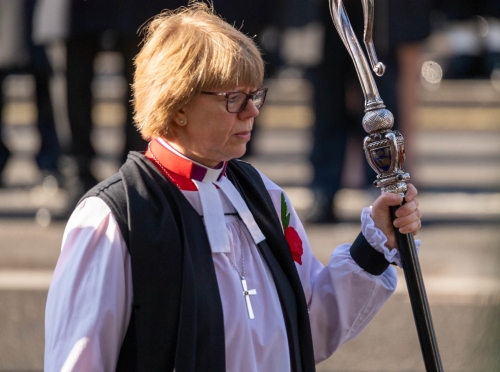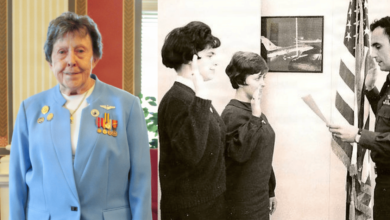Hospice funding crisis raised in parliament by ex-CNO

A former chief nursing officer for England has called on the government to improve funding for hospices, as access to quality palliative and end-of-life care remains a postcode lottery.
Dame Sarah Mullally, who served as CNO for England between 1999 and 2004 and now sits in the House of Lords in her capacity as Bishop of London, spoke about the need to address a funding crisis in the hospice sector in a parliamentary session yesterday (5 September).
“This entrenches inequalities of place and means that access to hospice services is extremely unequal”
Sarah Mullally
Addressing Baroness Merron, junior minister for patient safety, women’s health and mental health, in the Lords, Dame Sarah said: “We know the hospice sector depends on charitable giving because of the low level of statutory funding at present.
“This means that the wealth and resilience of a community define the level of hospice services. This entrenches inequalities of place and means that access to hospice services is extremely unequal.”
The former CNO asked Baroness Merron to tell the house what was being done to improve the funding settlement for the hospice sector.
Baroness Merron responded: “We will be considering the next steps, including funding, more widely in the coming months.”
She added that she took on board Dame Sarah’s concerns about a postcode lottery and said that minister of state for care Stephen Kinnock had recently met with NHS England to discuss “how to reduce inequalities and variation in access to services and their quality”.
Dame Sarah’s comments come as hospices in some areas of the UK continue to struggle to find funding, resulting in some having to make cuts.
For example, limited central government funding for the sector and dwindling donations led to the redundancy of 45 full-time roles, including clinical staff, and a reduction in beds at Birmingham Hospice earlier this year.
Meanwhile, St Catherine’s Hospice, which operates in West Sussex and East Surrey, this week announced that nurses were among 40 roles that it was going to have to cut in order to help make £1.5m in cost savings.






